Acoustics and Aerodynamic Sound
Music, calm speech, whispering leaves fluttering in a breeze are pleasant and desirable sounds. Noise, howling gales, explosions and screeching traffic are less so. A quantitative understanding of the sources of all such sounds can be obtained by careful analysis of the mechanical equations of motion. This is provided by Acoustics and Aerodynamic Sound, which serves as a short, one semester introduction to acoustics and aerodynamic sound at the advanced undergraduate and graduate level. Sound is treated as a branch of fluid mechanics, which is possible because students embarking on an advanced course in acoustics will be familiar with this topic. It is also desirable because an ability to relate acoustic events to hydrodynamic phenomena provides insight into acoustic principles, in particular into the role of vorticity in the mechanics of sound production by vibrating bodies and in the scattering and diffraction of sound.
{{comment.content}}
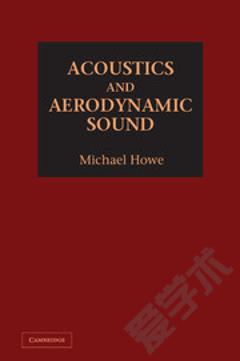
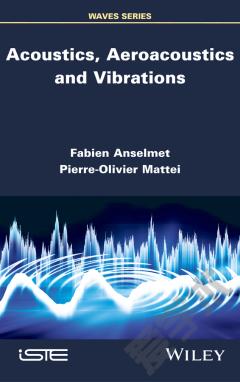
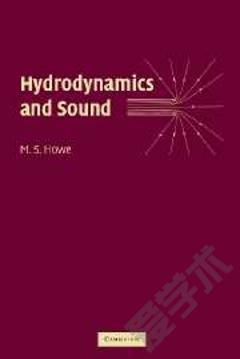
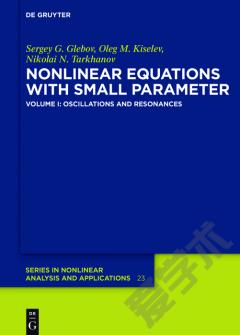
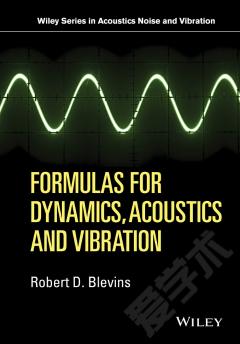
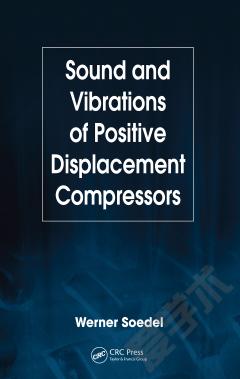


 京公网安备 11010802027623号
京公网安备 11010802027623号